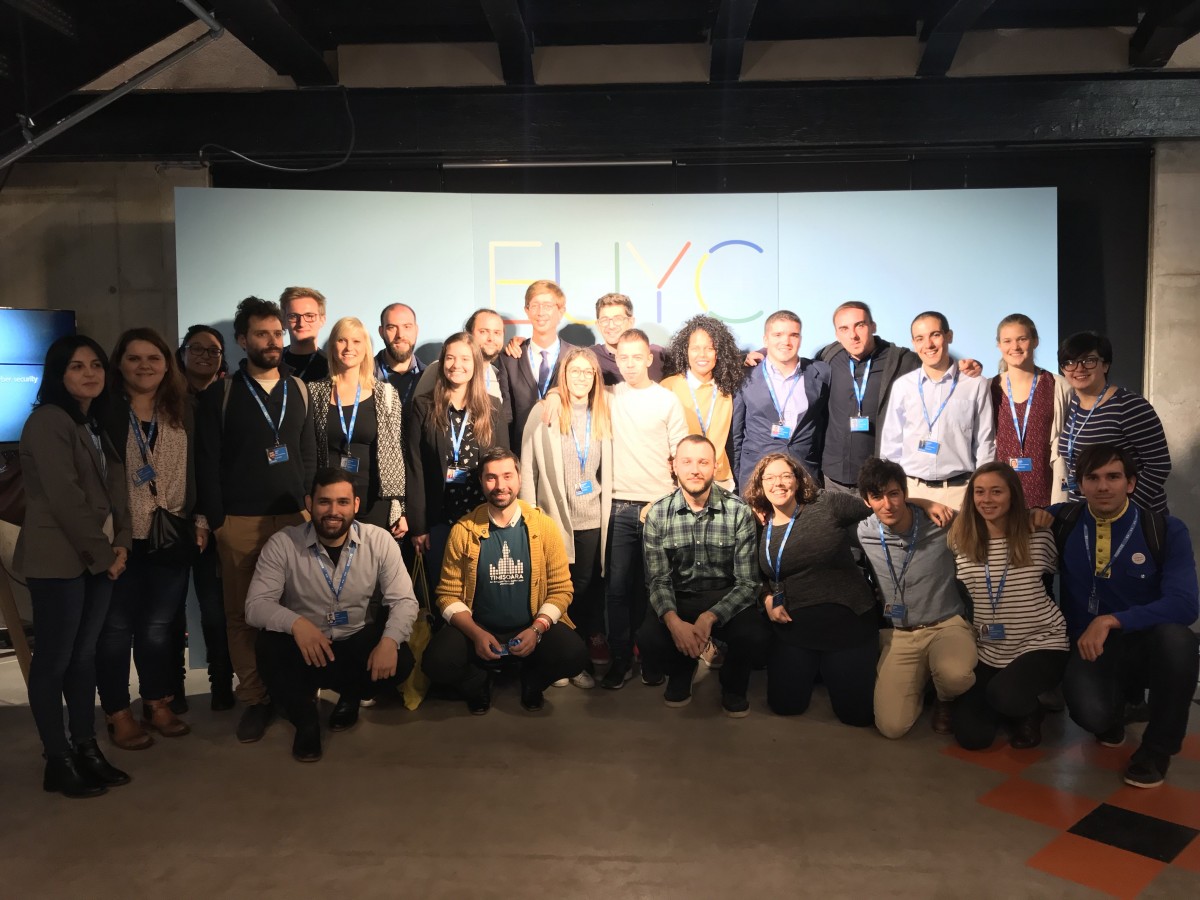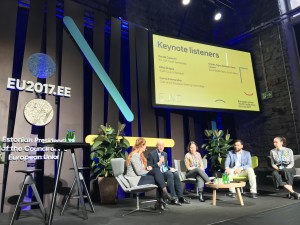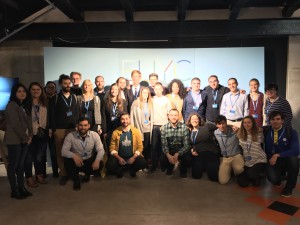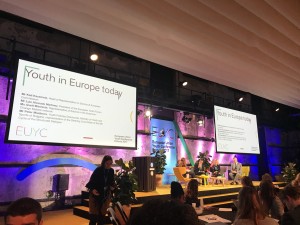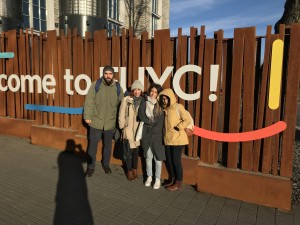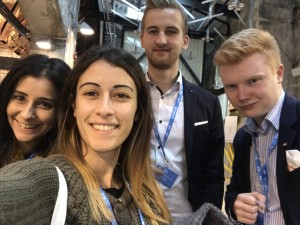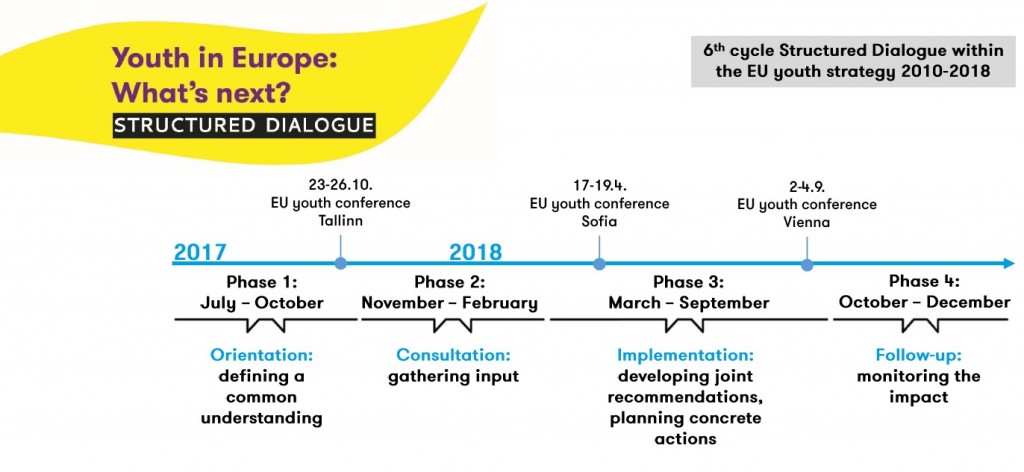At the European Union Youth Conference, held in Tallinn 24-26 October, important topics and issues for youth were mapped out by 260 young people, experts and policy makers from all over the Europe.
Delegates acknowledged that the new EU Youth Strategy 2018+ must not only be about young people, but must also be developed with young people. European Commissioner Tibor Navracsics also addressed the need to empower youth, because youth are shaping the future of Europe.
“Over the three days, we have done what the Prime Minister of Estonia, Jüri Ratas, encouraged us to do – to dream big,” said Reelika Ojakivi, the head of the Youth Affairs Department of the Ministry of Education and Research of Estonia. Ideas harvested during the conference will be drawn together for the input for the new EU Youth Strategy.
Delegates came to the understanding that the usage of technological solutions in youth work must change in order to reach as many young people as possible by offering meaningful content. It is important for young people that there are equal chances to obtain education and it is important that the accessibility of education increases.
It was also pointed out that everyday participation in societal activities helps to grow a generation of active and influential people, but in order to increase participation, young people must have appropriate opportunities, motivation and larger support to take a greater part in society.
It is important that young people are engaged in pan-European programs and attention must be drawn to those, who have not been engaged yet. The financing and accessibility of the Erasmus+ program must be increased for supporting the diversity and mobility. Concerns were raised about European unity, euroscepticism and migration and the adaption of young second-generation immigrants. It was claimed that young people need more secure and open environments for cooperation and self-expression. In addition, participants emphasised the mental health issues related to young people and ability to critically analyse the information in the era of fake-news.
For adapting to the constantly changing labour market, there is a greater need for preparing and empowering young people and recognising the skills and knowledge acquired through non-formal education. Skills and experiences in volunteering are highly important for reducing youth unemployment.
It was proposed that the governments must pay greater attention to the different opportunities and needs of urban and rural youth. Delegates found also that young people must join in raising the issues of climate change and sustainable management.
The next European Union Youth Conferences will take place in Bulgaria and Austria in 2018.

